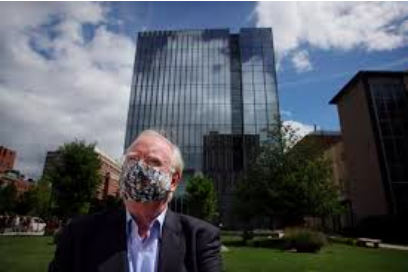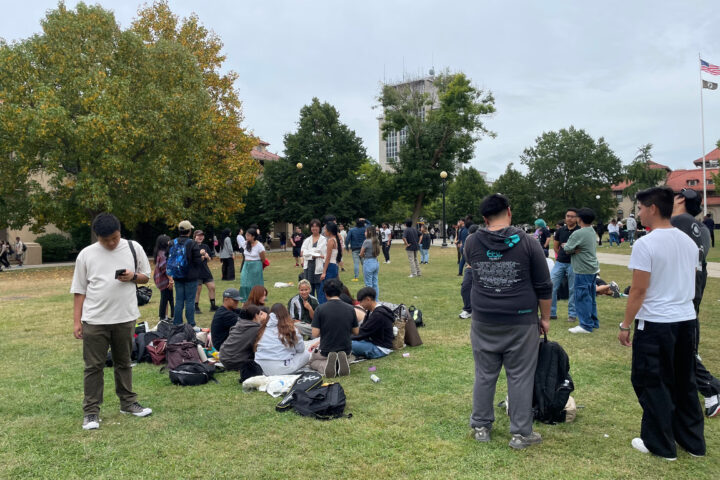When pressed about the potential pressure to begin filtering students back onto campus after several months away, Queens College President Frank H. Wu was blunt in his answer:
“Please don’t come to campus.”
This straightforward response may lack the sense of hope one might expect from an administration member, despite its roots in science over preference. The same applies to all of President Wu’s decisions since the pandemic forced students of QC into online schooling last March. Only a specific handful of science and art classes have continued in person, with wellness check protocols put in place to ensure maximum safety.
Regardless of how much students or even President Wu, himself, may want to get back to campus, he acknowledges the importance of listening to experts. “People can have any opinion they want” Wu maintains, “But there are also facts, and those facts are that this is a disease, right? It spreads. […]We will follow the science and what is safe.”
Not all colleges and universities have prioritized safety when planning for the fall semester. Between April and July, the American Council of Education surveyed roughly 300 college presidents and asked them, among other things, what their most pressing concern was for the upcoming fall semester. Safety protocols related to COVID tied for sixth place, with only 29 percent of the vote. Other concerns included the mental health of students and faculty (No. 1 and 3 respectively) as well as spring enrollment numbers (No. 4) and fundraising (tied for No. 6).
President Barbara Jean Morris of the State University of New York at Oneonta resigned from her position in October after the school reported over 700 COVID cases since opening on Aug. 17. While other SUNY schools enforced testing before the semester, Oneonta chose not to test or quarantine students upon their arrival and instead sought to enact preventative measures only once the rise in cases had rendered such steps too late.
“I believe President Morris should have handled COVID much better,” Oneonta student Eryn Kenney told CNN, “Most SUNY schools required testing before the semester started. My sister goes to SUNY Plattsburgh, and testing was required.”
University presidents did not expect they would have to become health experts overnight. That is why the current most successful school administrations are those whose actions confess the gap in their knowledge to better inform difficult and inevitable decisions.
In speaking with President Wu, the word “team” was used often. Our Zoom conversation included several members of the team he has proudly relied on, including Chief of Staff Meghan Moore-Wilke and Assistant Vice President for Student Affairs Jennifer Jarvis. Moore-Wilke helps coordinate many of QC’s in-person classes and Jarvis tends to students’ unique at-home needs.
“One of the things that you learn as a leader is it is important to say ‘I don’t know the answer to that question,’ President Wu said, “Part of what I had to learn over time is how to delegate and to be an effective leader means getting out of the way of real experts.”
“This is a moment, if you ask me, for empathy. The great leaders of nations where they have contained the COVID rate… they have leaders there who have been honest, who have been candid. If I’m gonna make it through, if my family’s gonna make it through, or your family is gonna make it through, or my neighbors and co-workers, they have to understand I am going to be lookin out for them.”














